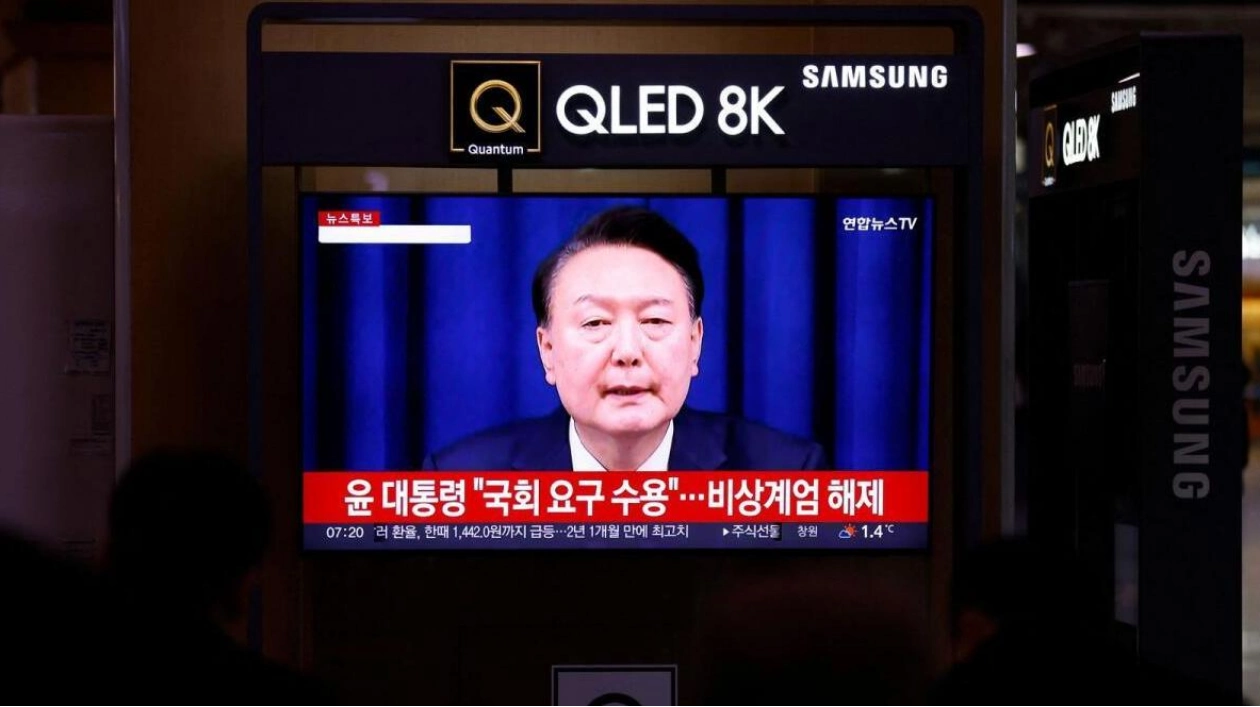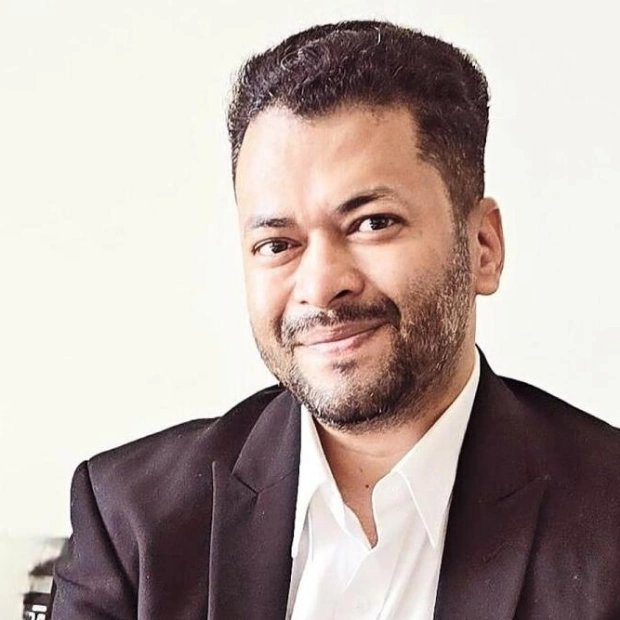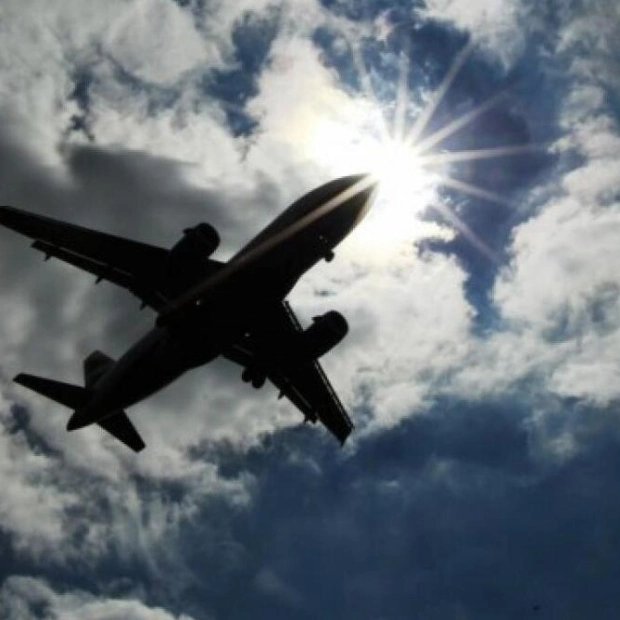South Korean President Yoon Suk Yeol faced calls to step down on Wednesday following his brief attempt to impose martial law, which was rejected by lawmakers and sparked mass protests. Yoon's surprise move to declare South Korea's first martial law in over four decades plunged the nation into its most severe political crisis since its transition to democracy and caught its international allies off guard.
The United States, which maintains nearly 30,000 troops in South Korea to deter North Korea's nuclear threats, initially expressed grave concern over the declaration, later expressing relief when martial law was revoked. The dramatic turn of events put Yoon's political future—as a conservative leader and former top prosecutor elected in 2022—in doubt.
South Korea's main opposition party, whose members physically fought their way into the assembly to vote against the martial law, demanded Yoon's immediate resignation, labeling his attempt an 'insurrection.' If Yoon refused to resign, the Democratic Party threatened to initiate impeachment proceedings.
The nation's largest labor union called for an 'indefinite general strike' until Yoon stepped down, and the leader of Yoon's own party described the attempt as 'tragic,' calling for accountability. Yoon withdrew his martial law declaration after 190 lawmakers defied security to unanimously oppose it, citing threats from North Korea and 'anti-state forces.'
In a televised address, Yoon acknowledged the National Assembly's demand to lift the state of emergency and announced the withdrawal of military forces deployed for martial law operations. Senior aides reportedly offered to resign en masse over the martial law declaration.
Protesters outside parliament, who had braved freezing temperatures overnight, erupted in jubilation at the news of Yoon's reversal. However, some, like Lim Myeong-pan, argued that Yoon's initial imposition of martial law without legitimate cause constituted a serious crime.
Yoon had justified his martial law declaration by citing the need to protect South Korea from North Korean threats and 'anti-state elements.' He accused the main opposition Democratic Party, which holds a majority in parliament, of being 'anti-state forces' intent on regime overthrow.
Yoon's move came amid a sharp decline in his approval ratings, with many dissatisfied with his economic policies and personal controversies. The United States, a key ally, expressed relief at the revocation of martial law and emphasized the importance of resolving political disputes peacefully and in accordance with the rule of law.
China advised its citizens in South Korea to remain calm, while Japan expressed 'exceptional and serious concerns' over the situation. Vladimir Tikhonov, a Korea studies professor, described Yoon's move as an attempt to 'wind history back,' questioning Yoon's legitimacy as president.
Source link: https://www.khaleejtimes.com






